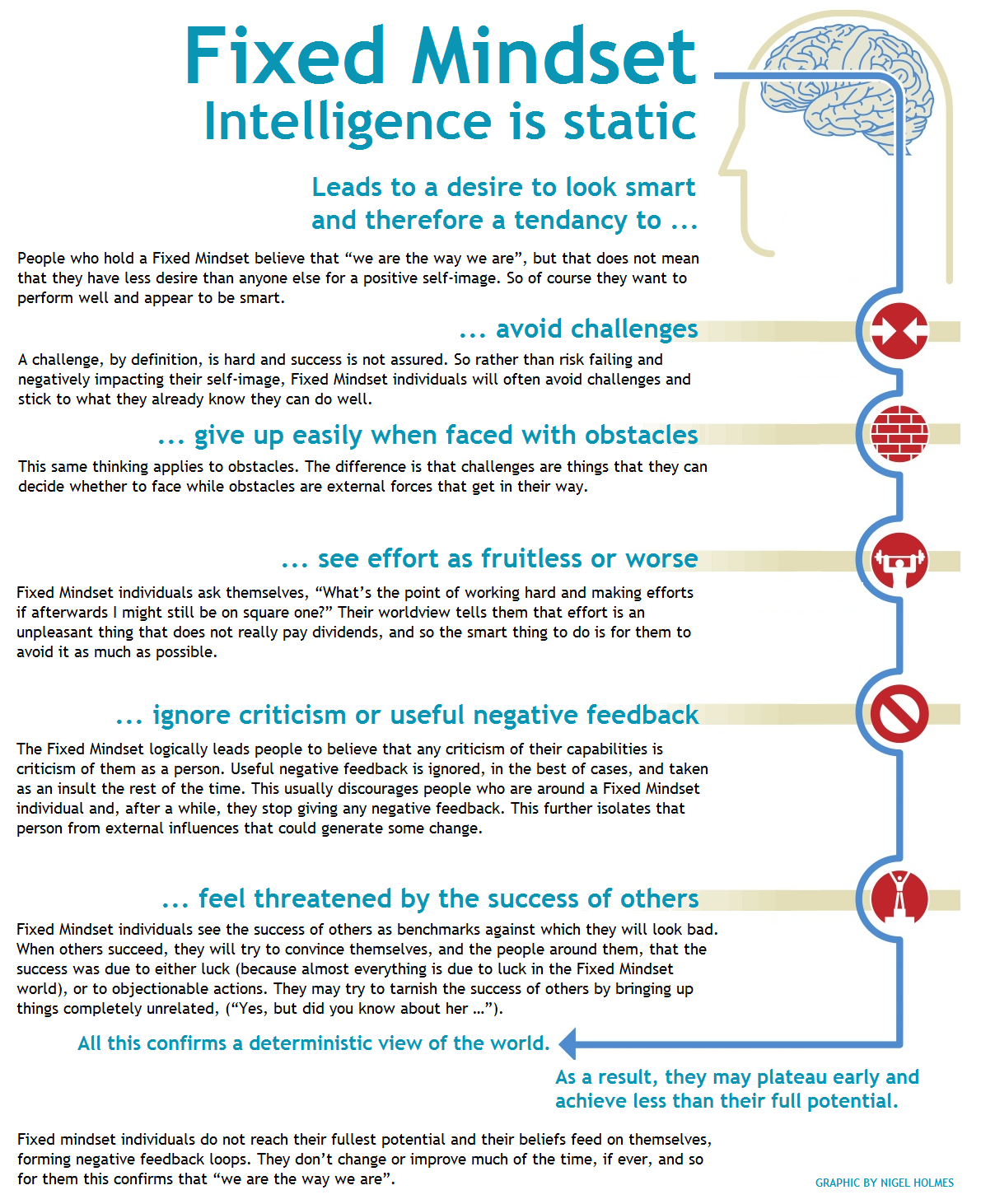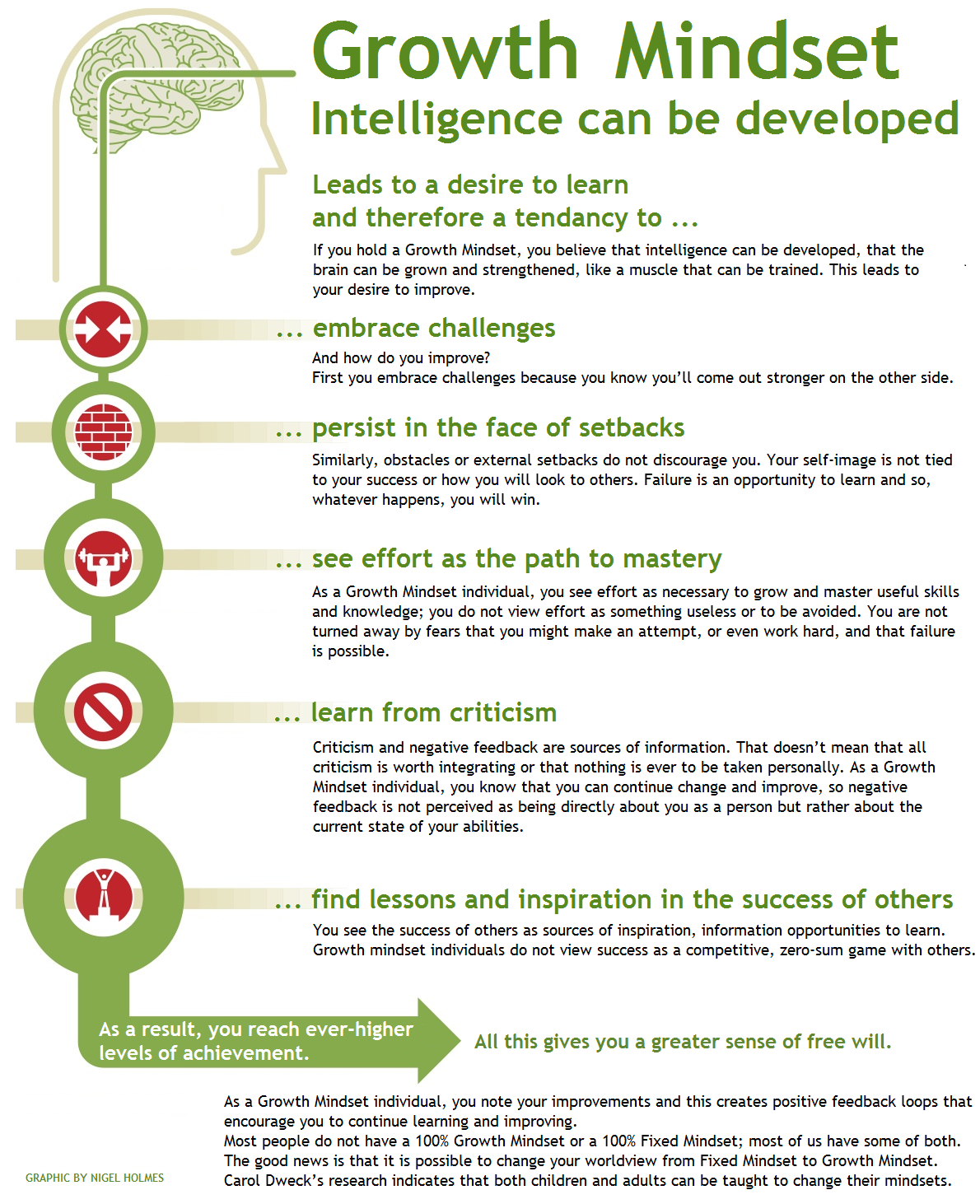Has your child ever said to you ‘There’s no point, I’ll never be able to do it’ or avoided doing something because they’ve failed at it in the past?
Feelings like this can be related to what children believe about what makes them ‘good’ at something – whether it’s school work, sport, or even their ability to manage their emotions and behaviour.
Some children will tend to give up on challenging tasks easily, or avoid tasks they’ve failed at before. They tend to believe that being ‘good’ at a particular activity is a fixed state, and is something they can’t control. In psychology, this way of thinking is called a ‘fixed mindset’.
Others might bounce back quickly from failure and be more likely to explore how they can get better at doing something. They tend to be children who believe that you can improve your abilities by practising, or by finding a different way to achieve your goal. This way of thinking is called a ‘growth mindset’, and developing it can help make children more resilient for life.
The key to instilling a growth mindset is teaching kids that their brains are like muscles that can be strengthened through hard work and persistence.
There are lots of small things you can do every day that can help your child develop a growth mindset
Is ability something innate?
Professor Carol Dweck, an American psychologist, found that we all have different beliefs about the underlying nature of ability.
Children (and adults!) with a growth mindset believe that intelligence and abilities can be developed through effort, persistence, trying different strategies and learning from mistakes.
On the other hand, people with a fixed mindset believe that our intelligence and abilities are fixed traits; something that you are born with and that you can’t really do anything about.




